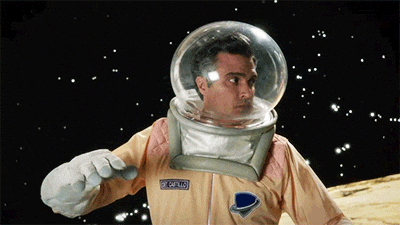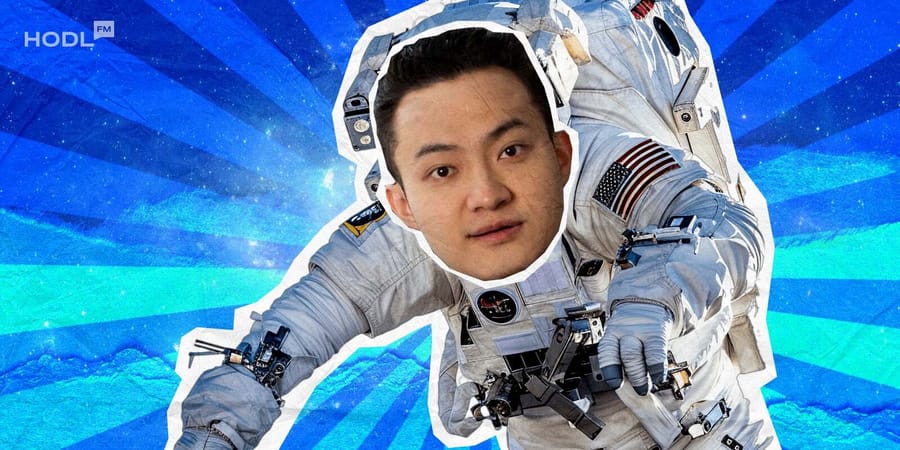Justin Sun, the mastermind behind the Tron blockchain, successfully returned to Earth after a thrilling commercial spaceflight on Saturday. Sun wasn’t alone in this cosmic adventure; he was joined by five other lucky crew members aboard Blue Origin's NS-34 mission. The crew included venture capitalist J.D. Russell, entrepreneur Gökhan Erdem, real estate mogul Arvi Bahal, meteorologist Deborah Martorell, and philanthropist Lionel Pitchford.
The best part? Sun’s ticket to the stars didn’t come cheap, he dropped a cool $28 million back in 2021 to snag that coveted seat for himself. And now, he’s back to share his cosmic revelations.
We just completed our 14th human spaceflight and the 34th flight of the New Shepard program. The crew included: Arvi Bahal, Gökhan Erdem, Deborah Martorell, Lionel Pitchford, J.D. Russell, and H.E. Justin Sun. To date, New Shepard has flown 75 people to space, including five… pic.twitter.com/ZqBRbNZSZQ
— Blue Origin (@blueorigin) August 3, 2025
"Earth is So Small," Says Sun After Space Voyage
After touching down, Sun couldn’t help but reflect on how tiny our planet really looks from space.
"Earth is so small, and it's our home. We definitely need to do whatever we can to protect it," he mused.
It’s that classic “Overview Effect” that so many astronauts experience, a profound realization of Earth’s fragility and interconnectedness.
He added:
“I was very surprised. Earth is so small. Basically, we could almost see the entire thing from the window, and that’s when it came to me, the mission’s name is right on point.”
Talk about a perspective shift. Earth suddenly seems like a little blue marble in the vast expanse of space.

Blockchain in Space
But let’s not forget why we’re really here, blockchain is headed to the stars. A few crypto projects, including Filecoin and Lockheed Martin, are already testing how blockchain’s decentralization and immutability can be used in space. Filecoin’s big claim to fame is decentralized storage, and they’ve teamed up with defense giant Lockheed to test the Interplanetary File System (IPFS). This system is essentially a way to send files from Earth to space and back via satellites, no big deal, right?
Marta Belcher, president of the Filecoin Foundation, says decentralized storage and IPFS are crucial for space communication. Why? Because blockchain ensures that data is tamper-proof, reduces latency, and protects data from the solar radiation that could mess with sensitive equipment. And when you’re talking about data sent across the cosmos, a little protection goes a long way.
In another bold leap, Spacecoin XYZ launched its first satellite into orbit in December 2024, marking the first step toward a decentralized communication network for space. So, while Sun was gazing at the Earth from his spacecraft, blockchain was quietly plotting its expansion into the final frontier.

Who knows, maybe one day we’ll be using blockchain to send messages between Mars and Earth. But for now, we’ll have to settle for watching crypto take on the stars. The future’s looking pretty... interstellar.

Disclaimer: All materials on this site are for informational purposes only. None of the material should be interpreted as investment advice. Please note that despite the nature of much of the material created and hosted on this website, HODL FM is not a financial reference resource, and the opinions of authors and other contributors are their own and should not be taken as financial advice. If you require advice. HODL FM strongly recommends contacting a qualified industry professional.





